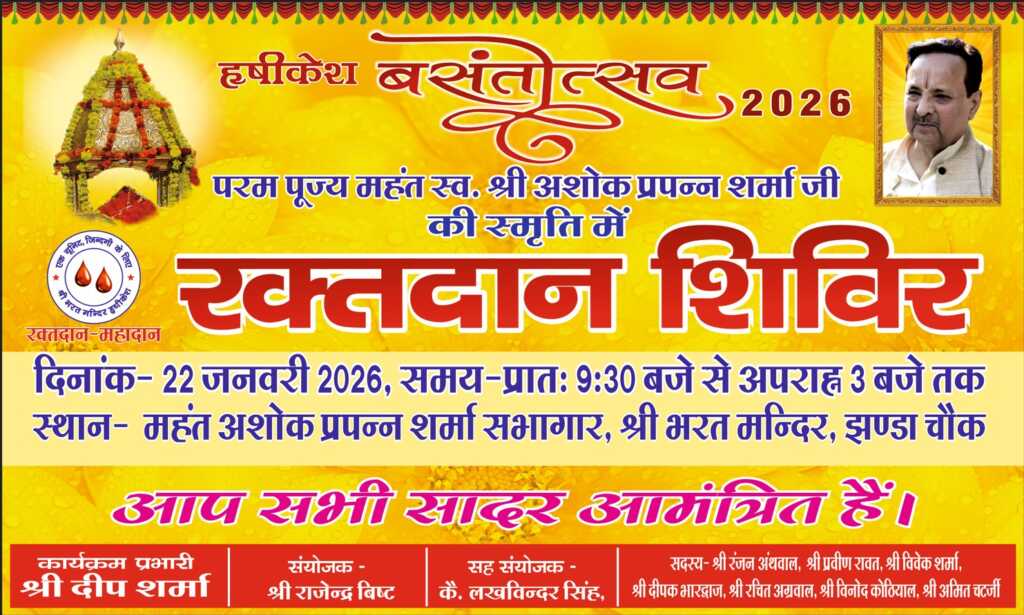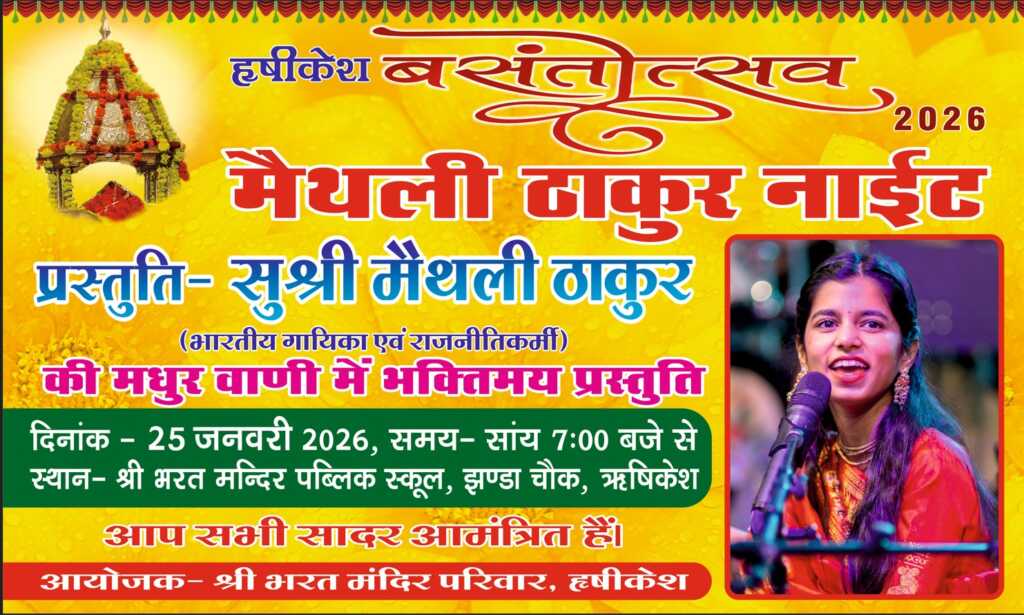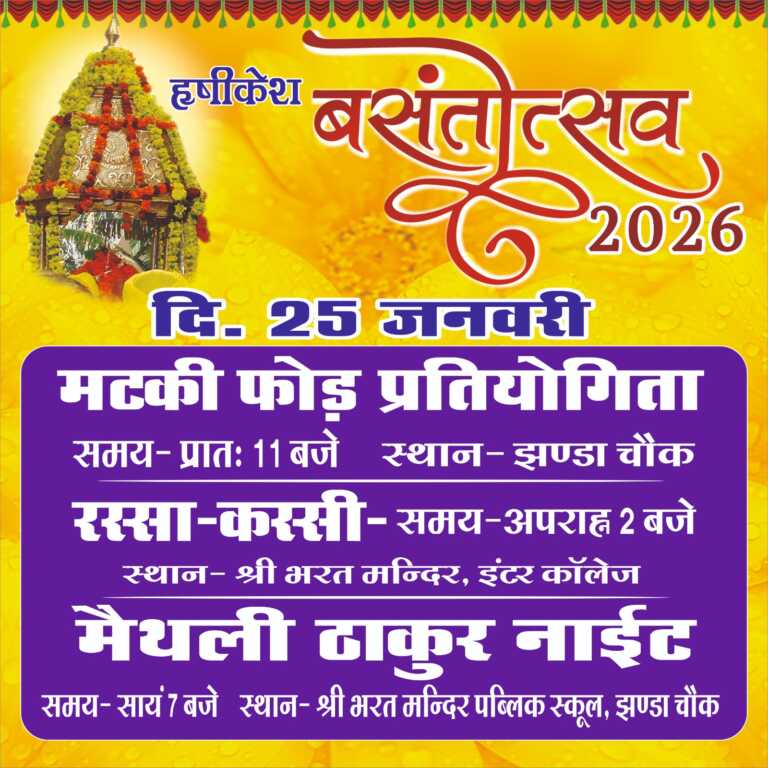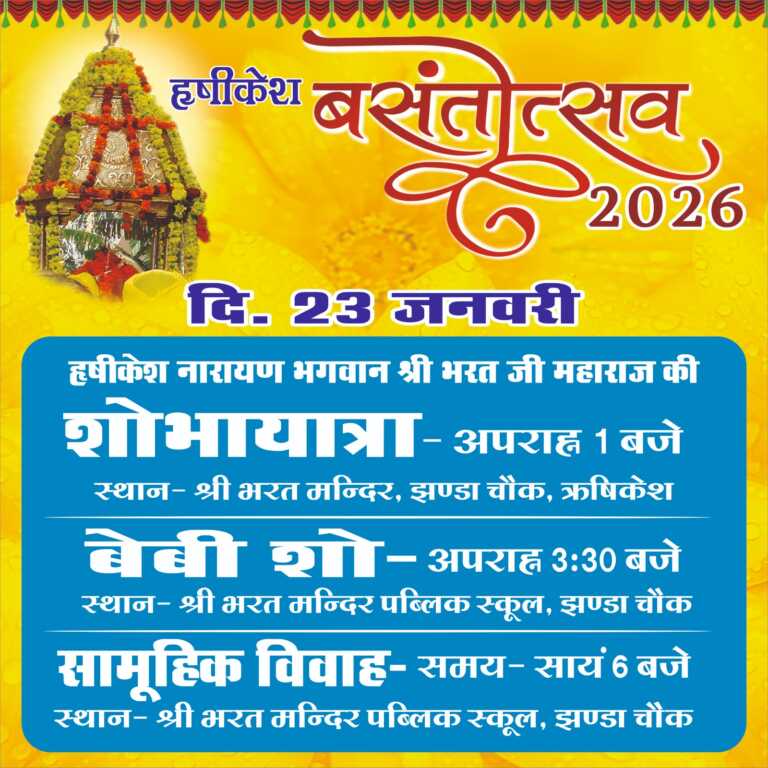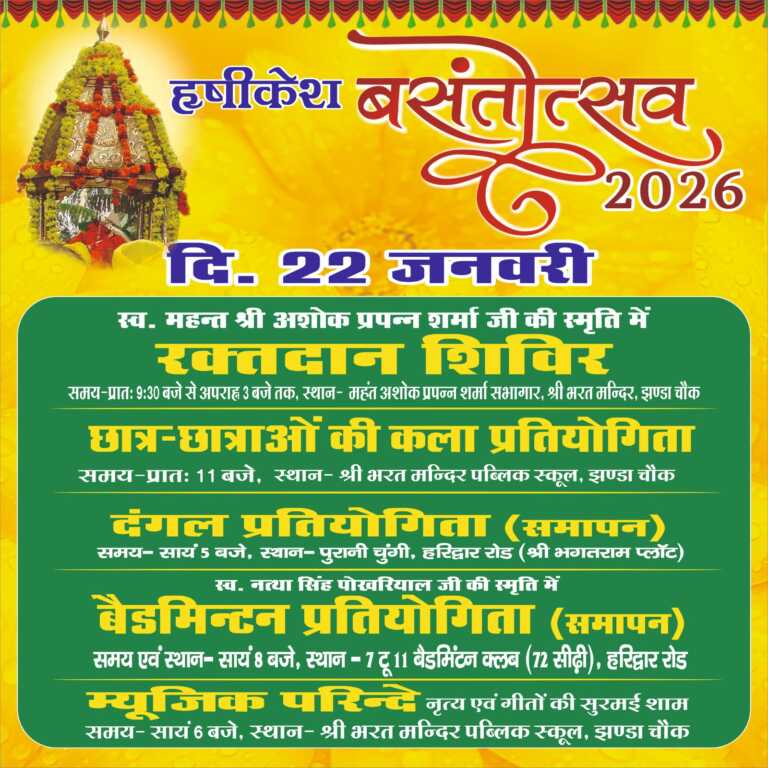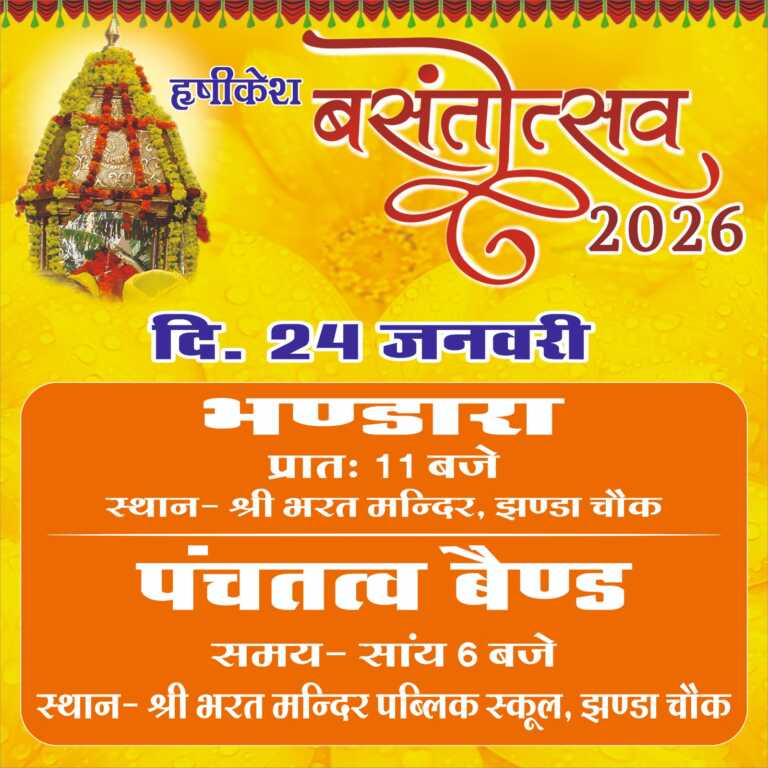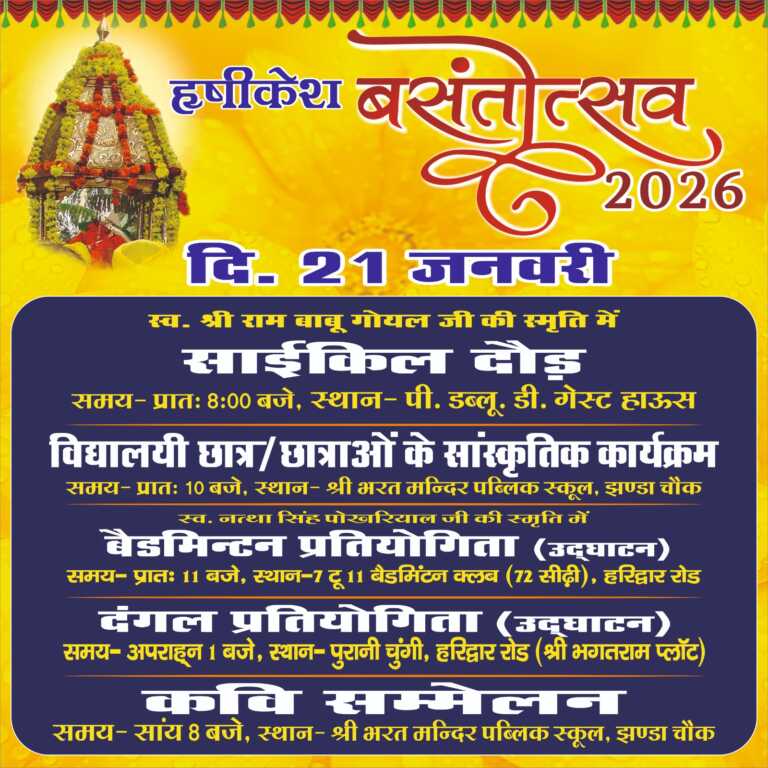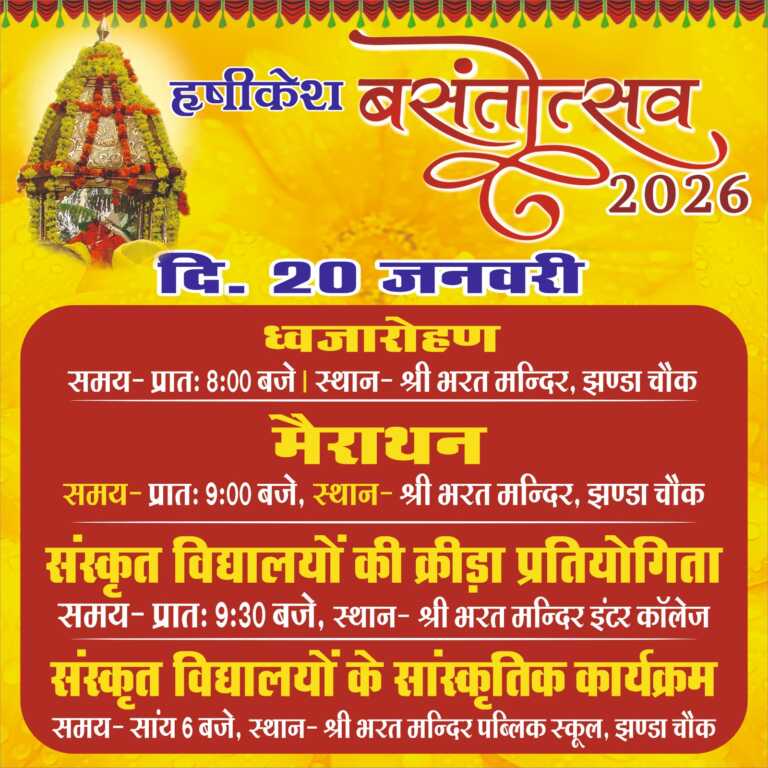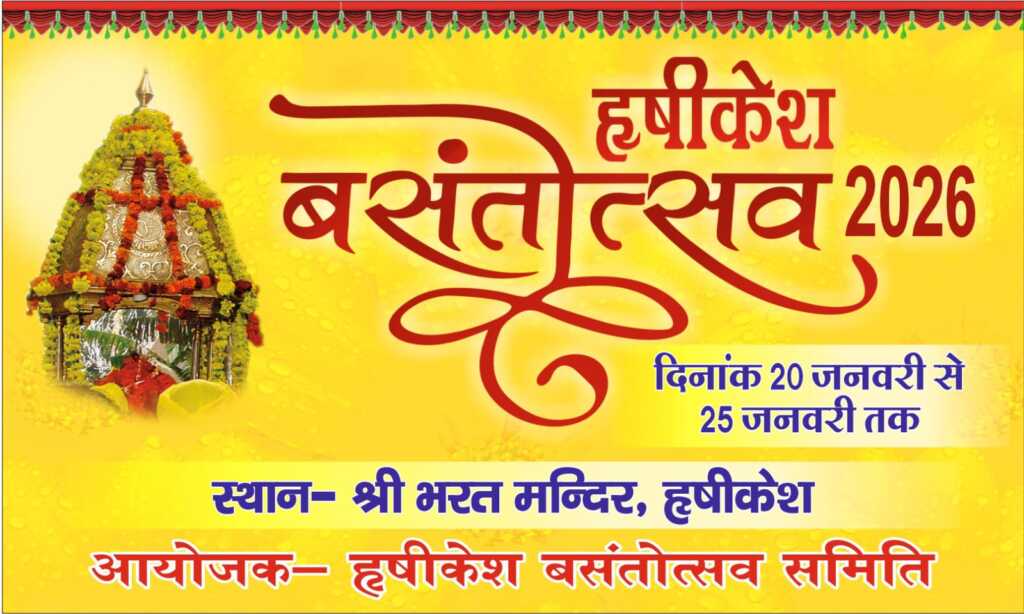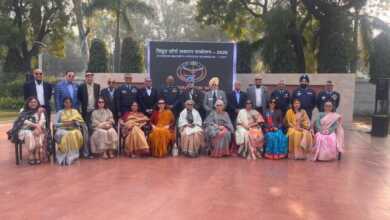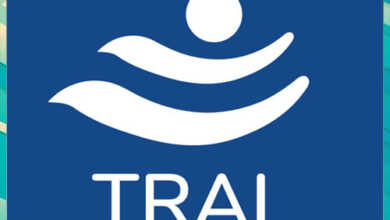Rishikesh: “World Down Syndrome” Day was celebrated in AIIMS, discussed the symptoms of Down syndrome, necessary consultation and treatment with specialist doctors, know about it
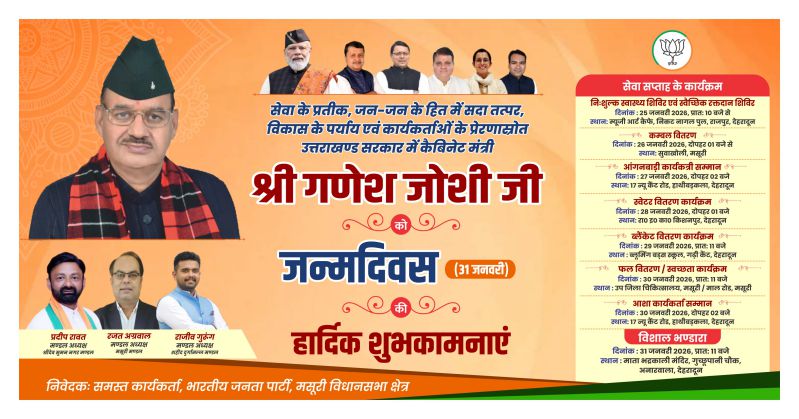
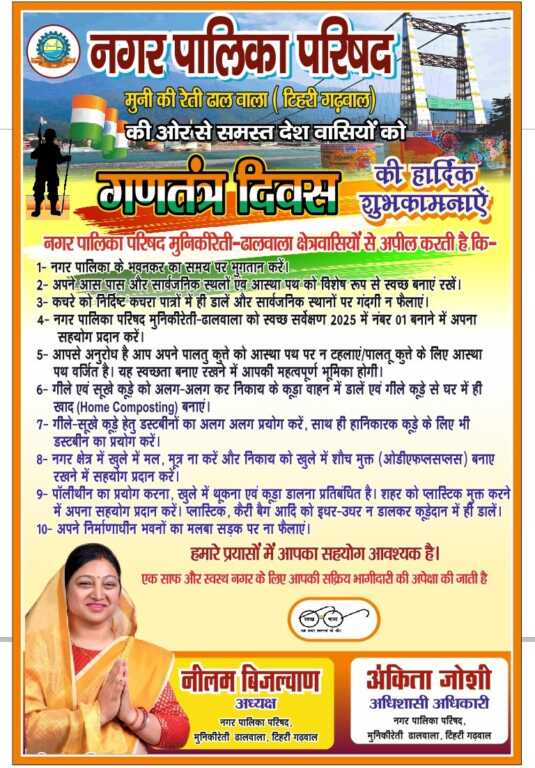
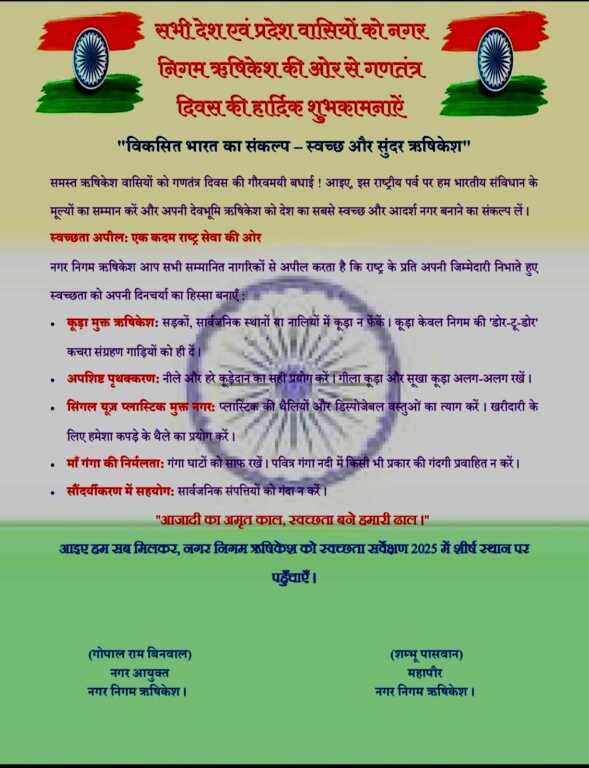
Rishikesh: World Down Syndrome Day was celebrated at AIIMS, Rishikesh on Monday. In which people discussed the symptoms of Down syndrome, necessary consultation and treatment with the expert doctors of the institute.
During this, the doctors also answered the questions of the people. Regarding the program organized by the Department of Pediatrics of the institute, Dr. Prashant Kumar Verma, senior doctor of the department said that this special day should be taken as an opportunity to share our problems and increase our self-confidence. Therefore, a program was organized to make people aware about this disease found in children. Inset what is down syndrome-
Cause of Down syndrome – Normally a baby is born with 46 chromosomes (chromosomes). The baby receives one set of 23 chromosomes from his father and one set of 23 chromosomes from his mother. But when an extra 21st chromosome from either the mother or the father is passed on to the baby, then Down syndrome occurs.
High risk factors for Down syndrome – A woman becomes pregnant after the age of 35 if the first child has Down syndrome, the mother or the father being a 21 chromosome balanced carrier.
Symptoms of Down syndrome: flat facial features, small head size, short neck, small mouth and protruding tongue, weak muscles, gap between both toes, wide hands and short fingers, average weight and height Mainly include being low, having very low level of intelligence, premature aging, malfunctioning of internal organs, heart, intestine, ear or breathing problems.
How to Detect Down Syndrome – During pregnancy, a screening test (dual test, triple test, ultra sonography) and a diagnostic test (amniocentesis) are done, in which this disease is detected. After delivery, a blood sample of the newborn can be taken, in which the 21st chromosome is tested.
“Never was there a night that could beat the sunrise or hope.” Similarly no problem is too big to break our hope. So try to reduce the problem together, be happy yourself and give courage to other people to be happy too.
In the program organized by the Department of Pediatrics, AIIMS Rishikesh on World Down Syndrome Day, parents and other caregivers got information from AIIMS doctors about Down syndrome disease and asked questions about its symptoms, causes and prevention. During this, AIIMS experts gave him satisfactory answers to various questions. On this occasion Dr. Prashant Kumar Verma, geneticist of the Department of Pediatrics, AIIMS Rishikesh was present.
Important questions and answers asked by inset people to doctors-
1- Why does Down syndrome happen?
Answer- It is a genetic disease, which occurs due to having extra copy of chromosome 21.
2- Who is more likely to get this disease?
Answer- The biggest reason for this is to give birth to children at an older age of the parents, so its risk also increases with age. The probability is 1.1450 per cent at the age of 20 years, 1.900 per cent in 30 years, 1.350 in 35 years and more than 1% at the age of 40 years. It may also be due to the parents being carriers of the disorder in the structure of the 21st chromosome.
3- What is to be taken care of in the treatment?
Answer- Only mental development is encouraged. Special education is given, these children are at high risk of congenital anomalies and they are treated like normal children.
4- What can be the problem with age?
Answer- The diseases which are seen in adult people can appear early in these children, such as Alzheimer’s disease (amnesia), hormone problems like diabetes and thyroid problems, joint problems etc. It should be checked by a specialist doctor every year.
5- What checks are required to be done every year?
Answer- Some selected tests should be done, such as blood test, liver test, thyroid test and eyes and ears test.
6- Can there be bone problems too?
Answer- There may be a change in the bone structure of the neck, if there is a problem in walking, the doctor should be consulted immediately. Bone disease and cancer that occur with age can also occur at a young age.
7- What other mental problems can happen with aging in this?
Answer – With ageing, behavior and mental problems increase more, for which proper treatment is possible.
8- Can these children lead an independent life?
Answer- These children should be kept under the supervision and care of some or the other throughout their life.

